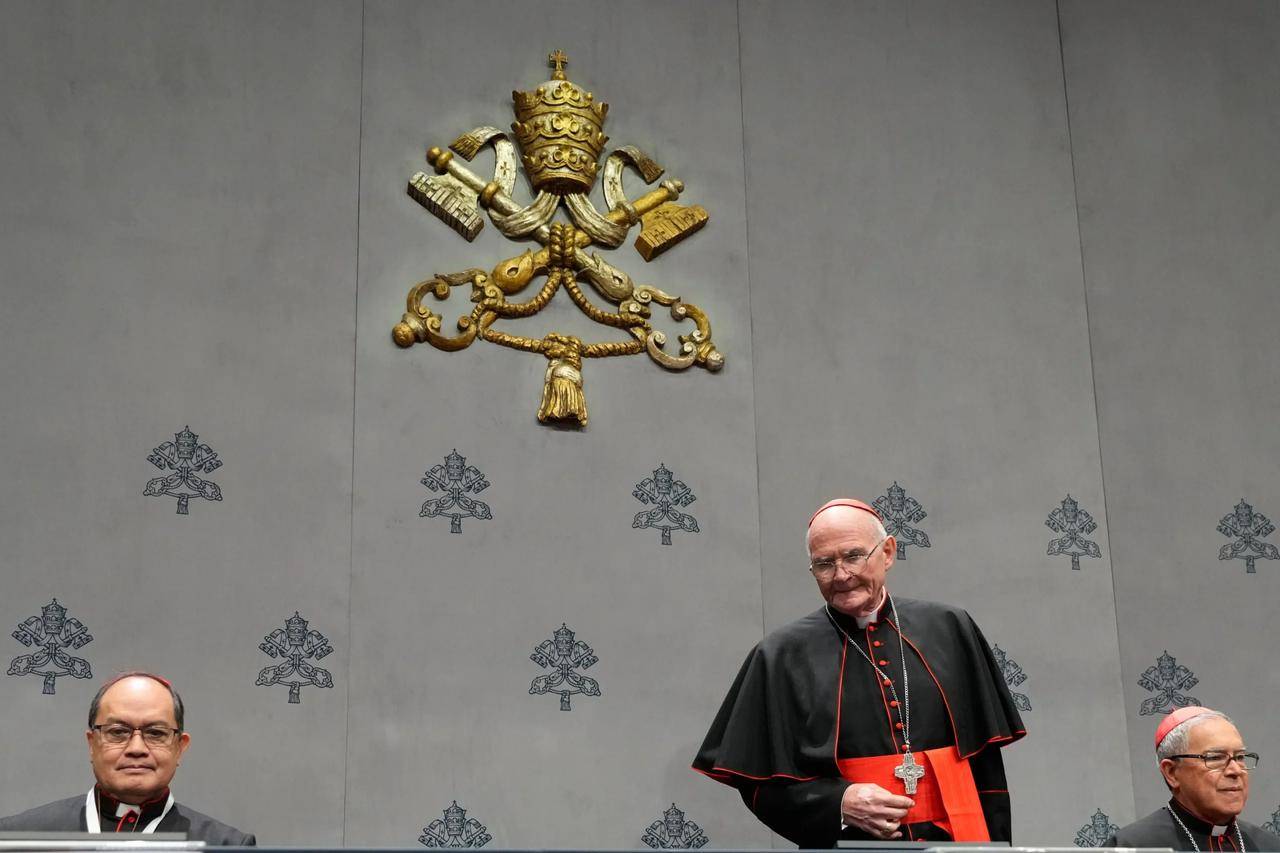YAOUNDÉ, Cameroon – South Sudanese refugees are continuing to arrive in neighboring Uganda, and the situation in Bidi Bidi refugee camp – the world’s largest – is likely to get worse.
Uganda currently hosts 1.3 million refugees and asylum seekers, most of them from South Sudan.
“Despite such a huge number, Uganda continues to accept a daily influx of about 3,000 South Sudan refugees,” said Christine Laura Okello, Caritas Uganda Humanitarian Emergency Coordinator.
She told Crux South Sudan alone accounts for over one million refugees, as famine, economic collapse and years of fighting have forced people out of the country faster than from any other country in the world.
The influx is stretching resources, which Okello said is causing a crisis.
“The problems faced by refugees in Bidi Bidi settlement include inadequate nutrition …cases of malnutrition are still common, inadequate sanitation and hygiene facilities, unmet needs of menstrual hygiene management among the refugee girls and women of reproductive age, to mention but just a few,” Okello told Crux.
She said Caritas Uganda is providing essential services in the camp and has been helped by other Caritas agencies around the world.
“This is to improve the livelihood and the welfare of the refugees as World Food Program is far stretched in providing food for the huge number of refugees in Bidibidi,” Okello said.
She explained that Caritas has been intervening in phases. Phase one of the emergency response that ended in 2017 “focused particularly on the provision of fast growing and short term maturing vegetable seeds.”
She said Caritas Denmark is now supporting Caritas Uganda in implementing phase two of the emergency response which addresses “ongoing needs such as training on agronomic practices, seed multiplication, tree planting and vocational training.”

Okello told Crux that by implementing this phase, Caritas is contributing towards ‘Pillar II’ of the Comprehensive Refugee Response Framework (CRRF), which calls on building self-reliance among refugees.
Caritas Uganda is also working with the UN refugee agency to apply ‘Pillar III’ of the CRRF, which is aimed at supporting host countries and communities.
A key component of this is the ReHoPE (Refugee and Host Population Empowerment) strategy, which seeks to bring together all the stakeholders in the refugee process. This means coordinating the various agencies and programs aimed at helping the refugees in the country.
Caritas Uganda is also implementing the Water Sanitation and Hygiene (WASH) projects in Bidi Bidi to provide access to clean and safe water, sanitation and hygiene materials to refugees and the host community.
“It is also providing reusable pads to adolescent girls and vulnerable women in Bidi Bidi settlement. The girls at the settlement and host communities lack access to soap, and inadequate private place to wash, change and dry re-usable menstrual materials,” Okello said.
Charles Akimu – a refugee who benefited from aid given by Caritas Uganda – spoke about how the help has benefited his life.
‘’Before acquiring the skills from ADRA college with support from Caritas we used to buy vegetables very expensively from the host community, but now we are able to utilize the knowledge and seeds provided by Caritas to produce our own vegetables. That has increased our food intake. The children are now enjoying every meal because we are able to change different green vegetables other than relying on maize meal and beans supplied by the WFP which sometimes is boring to eat every day. We are really grateful to Caritas,” Akimu said.
To continue these efforts, Okello told Crux more funds are needed, not only to pay for direct aid, but also to buy needed equipment for staff, such as vehicles which can handle poor roads in the camps.
Need for a better international response
In the face of the worsening conditions at the camp, Okello has called on the international community to show more compassion.
“In my opinion, the crisis is not over, nor will it be the last, and we need a better international response: More comprehensive, timely, bold and innovative with more political courage to allow refugees to return home,” she told Crux.
She said this response should include a commitment to resettling refugees, and helping host countries such as Uganda, which are bearing a disproportionate burden.
“Uganda should be assisted to manage and integrate refugees,” Okello said.
She added development assistance should not be dissociated from refugee assistance, which is currently the case.
Okello also called on rich countries to meditate on Pope Francis’s message on the occasion of the launch of the Caritas Internationalis “Share the Journey” campaign.
Francis introduced the program on Sept. 27, 2017, to encourage Catholics to find ways to support and welcome refugees and migrants.
Okello quoted the words of the pope: “Not just to see but to look. Not just to hear but to listen. Not just to meet and pass by, but to stop. And don’t just say what a shame, poor people, but allow ourselves to be moved by pity.”














